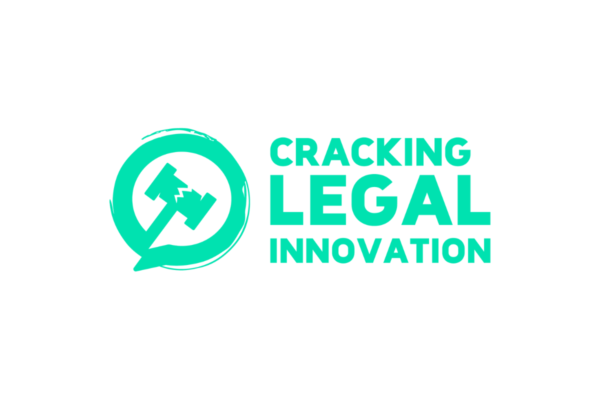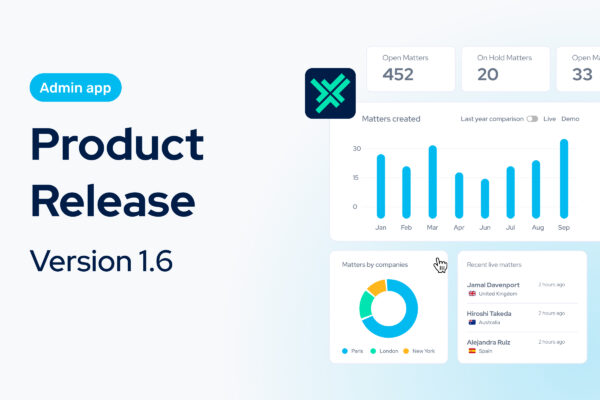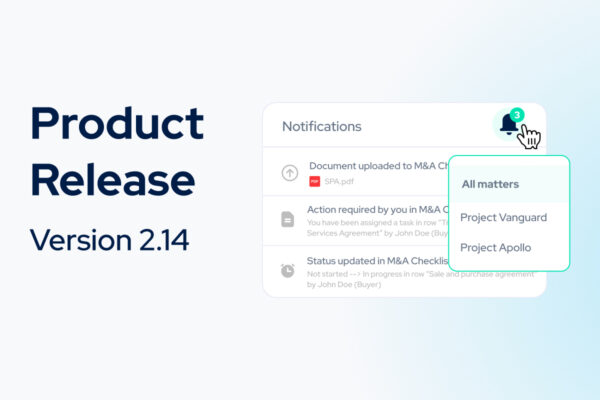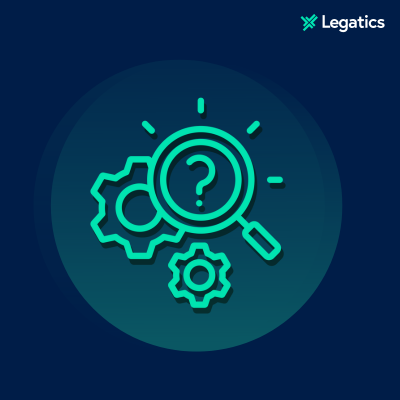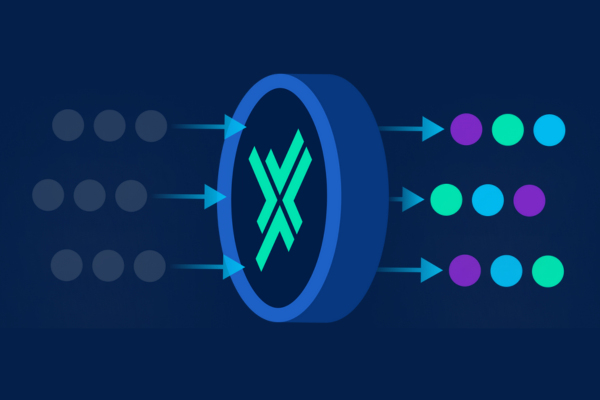The interactive M&A forum, held in January 2025, was a unique opportunity to hear diverse perspectives from attendees representing various aspects of the M&A landscape. The forum consisted of a panel discussion from key stakeholders across M&A transactions, followed by roundtable discussions with attendees.
Read through the insights from both the panel discussion and roundtable sessions, focusing on the critical question: “How can we make M&A transactions faster?’.


Panel discussion
Challenges in M&A transactions including:
- Primary causes of deal delays
- Practical solutions for working within compressed deal timeframes
- The role of technology and process innovation
Group discussions
Roundtables were asked to share experiences, best practices, and identify key issues and challenges across the different phases of an M&A transaction:
- Kick-off
- Due diligence
- Drafting and negotiating transaction documents
- Completion
- Post-completion
Jump to discussion:
Market insights and trends
Daniel Porus, Chief Commercial Officer at Legatics, provided insights into the state of the M&A market and predictions for 2025. He shared that based on his recent conversations and data from the Legatics platform, there is a general sense of optimism for the year-end. The Legatics platform has seen a 36% increase in overall deals and a 63% increase in M&A deals from January 2024 to 2025.
Daniel referenced a PwC report that noted some mixed signals for 2025. While there was a 17% increase in large deals (over $1 billion) in 2024, there was an 18% decrease in small and mid-sized deals. The report suggested that the momentum in the large deal segment tends to influence market sentiment.
Three key factors were highlighted as likely to drive M&A activity in 2025:
- Companies’ focus on growth and transformation, both in terms of revenue and margin improvements.
- AI as a catalyst for change, with direct investments in AI-related opportunities and infrastructure.
- Private equity firms’ need to exit mature portfolio investments, with about 50% of their 30,000 portfolio companies held since 2020.
However, Daniel also acknowledged the potential impact of geopolitical and economic factors, such as the continued local instability, the US elections, and the potential for deregulation or trade policy measures that could affect inflation and interest rates. He emphasised that 2025 will be an interesting year, and there will be growing pressure to improve the efficiency and effectiveness of M&A deals.
Panel discussion
The panel discussion was led by Ben from Crafty Counsel, a community for in-house general counsels. With experience as both a corporate lawyer and in-house counsel, Ben guided a dynamic conversation among a diverse panel:

M&A practice teams are under constant pressure to execute deals swiftly while maintaining precision and compliance. Yet, despite advancements in technology and process optimisation, deals often face bottlenecks that slow progress, leading to increased costs and client frustration.
This forum brought together leading M&A practitioners and law firm innovators to explore actionable strategies for expediting deal processes, specifically:
- the primary causes of deal delays and how to address them
- techniques for managing client relationships and expectations in fast-paced deal environments
- practical solutions for working within compressed deal timeframes without sacrificing quality
- the role of technology and process innovation in speeding up transaction timelines
- how law firms can better align with client needs, manage expectations, and deliver high quality results within tight deadlines


Challenges
Summary of key challenges from the panel discussion
Deal delays and expectation management:
- The panel widely agreed that M&A deals rarely close on time, with delays often arising from regulatory approvals, due diligence complexities, and misalignment between stakeholders.
- Client-side expectations, particularly aggressive timelines driven by commercial objectives, were cited as a common challenge.
- Advisors sometimes hesitate to challenge unrealistic timelines, leading to unmet expectations and process inefficiencies.
Lack of transparency in deal execution:
- Many deals suffer from a “black hole” effect, where clients lack visibility into workstreams, leading to uncertainty and inefficiencies.
- Cross-jurisdictional complexities, particularly in multinational deals, add layers of difficulty in communication and legal compliance.
- Differing levels of sophistication among counterparties often slow down processes, requiring additional effort from legal teams to manage expectations.
Resistance to change and adoption of technology:
- While legal technology has advanced significantly, widespread adoption within firms remains a challenge.
- Senior lawyers are sometimes reluctant to move away from traditional, manual processes, slowing down the adoption of efficiency-driving tools.
- The need for extensive training and behavioral shifts within legal teams presents a key hurdle.
Opportunities
Summary of key opportunities from the panel discussion
Leveraging legal technology for efficiency:
- Platforms like Legatics are proving instrumental in streamlining document management, deal tracking, and due diligence workflows.
- AI-driven solutions are improving contract analysis, risk assessment, and signing processes, reducing time spent on manual administrative tasks.
- Legal teams that integrate transaction management software report improved visibility, reduced costs, and greater client satisfaction.
Stronger collaboration and communication:
- Early-stage alignment between clients and advisors can significantly reduce inefficiencies, with firms offering half-day strategy sessions to set realistic expectations.
- Physical meetings, even in an increasingly remote work environment, remain crucial for fostering relationships and ensuring all parties are aligned.
- Cross-functional collaboration between legal, finance, and commercial teams is essential for ensuring smooth deal execution.
Rethinking traditional approaches to M&A:
- Law firms are increasingly acting as strategic partners rather than just service providers, offering proactive solutions and structuring deals to meet evolving business needs.
- Clients expect firms to integrate technology into their workflows, shifting the onus onto advisors to ensure tools like Legatics are being fully utilized.
- The concept of “go slow to go fast” emphasises the need for thorough planning at the outset to avoid costly delays later in the deal process.
Group discussions
Roundtables were asked to share experiences, best practices, and identify key issues and challenges across the different phases of an M&A transaction. Here is a summary of the key points raised:
Kick-off phase
- Building relationships & understanding commercial drivers
Participants emphasised the importance of trust and understanding key business motivations to overcome early project hurdles and demonstrate progress. Strong relationships help navigate transaction complexities. - Leveraging AI & technology for planning & management
AI and digital tools can automate tasks, improve visibility, and enhance accountability in transaction workflows, allowing teams to focus on high-value activities.
Due diligence
- Challenges with report language & recommendations
The negotiation of due diligence report language can be time-consuming and inconsistent, slowing progress. Participants expressed the need for more efficient review processes. - Inefficiencies in Q&A & data rooms
Poorly organised data rooms and excessive back-and-forth in Q&A processes lead to delays. Improved planning, structured communication, and technology adoption were discussed as solutions.
Transaction documents
- Negotiation power imbalances & delays
Unequal bargaining positions often extend document drafting timelines. Establishing clear processes upfront can mitigate these delays and facilitate smoother negotiations. - Clarity in process & stakeholder alignment
A well-defined process with clear roles, responsibilities, and timelines ensures efficiency. Collaborative tools can enhance visibility and streamline document review.
Completion
- Challenges with wet signatures
While rare, some transactions still require physical signatures, creating logistical challenges. Proactive planning helps mitigate potential delays. - Realistic timelines & internal accountability
Setting achievable deadlines and maintaining visibility into responsibilities prevent bottlenecks. Digital signature tools like DocuSign can help streamline execution.
Post-completion
- Maintaining momentum & managing administrative tasks
Post-closing, teams often shift focus, leading to delays in required filings. Dedicated processes and accountability mechanisms help keep momentum. - Knowledge capture & deal reviews
Formal reviews and documentation of challenges, solutions, and best practices improve future transactions and efficiency. - Aligning legal & business integration
Greater collaboration between legal and business teams can accelerate post-merger integration and ensure smoother transitions.
Interested in attending our other forums?
We have two upcoming forums available for registration! Reserve your spot now, or reach out if you’d like to be a panel speaker.


